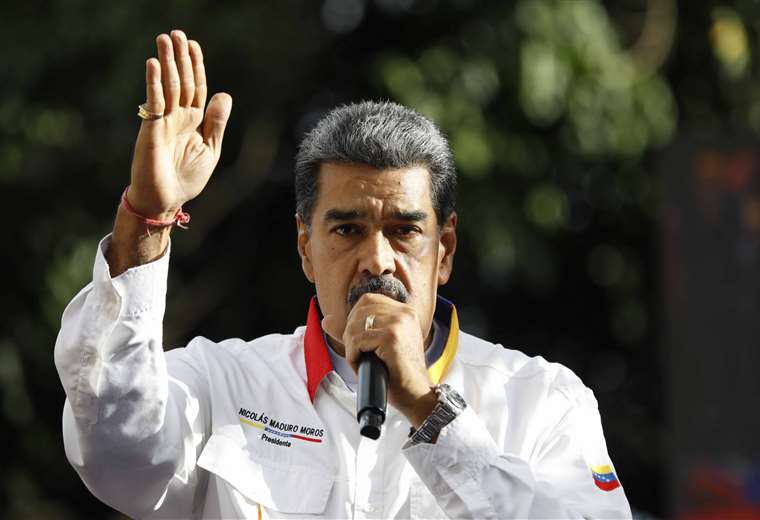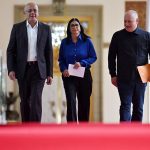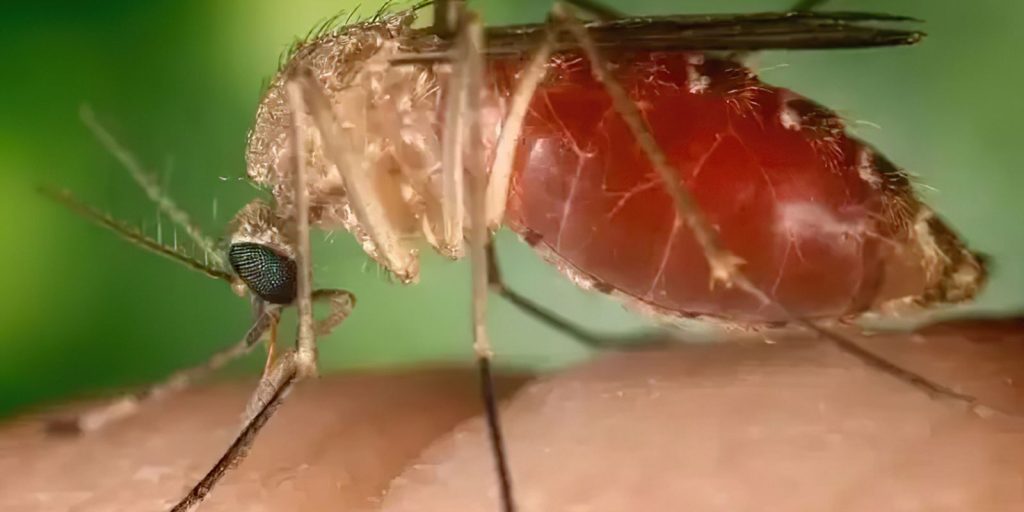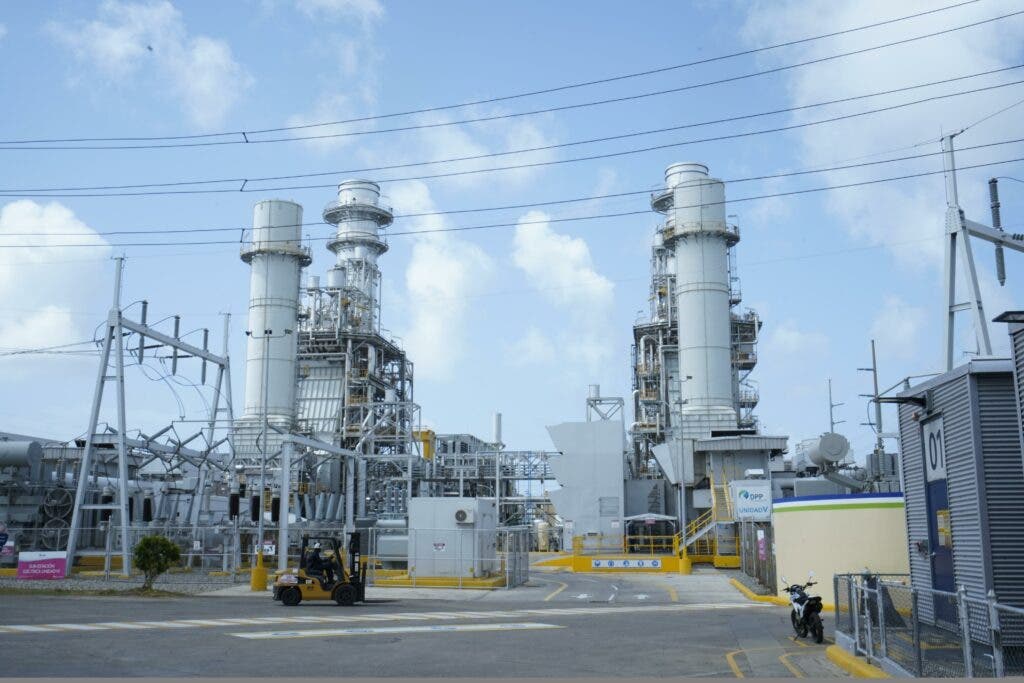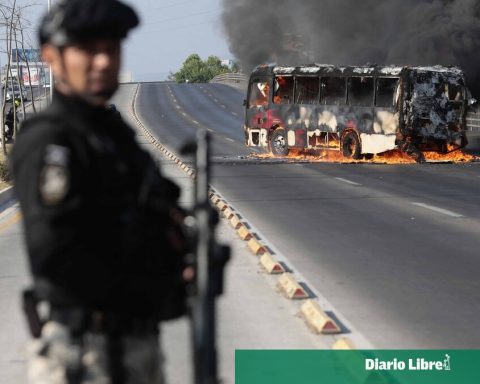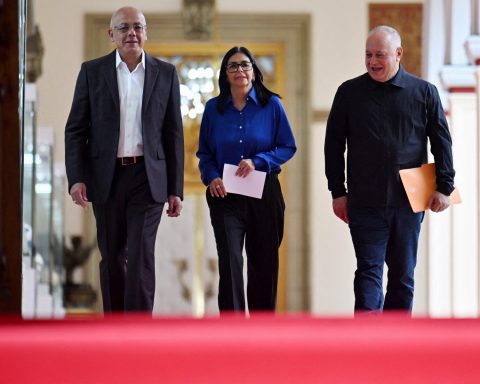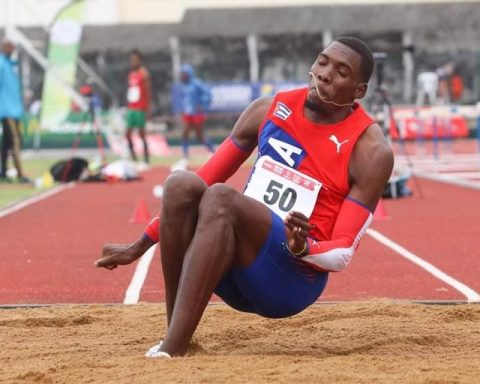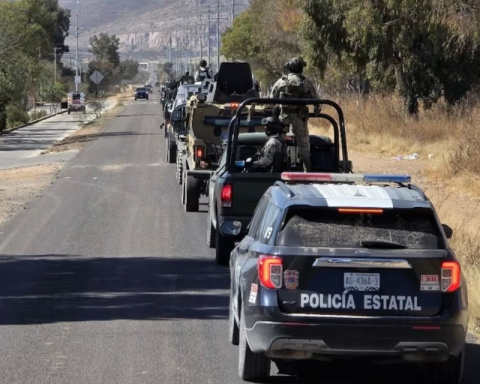August 4, 2024, 10:14 PM
August 4, 2024, 10:14 PM
The European Union increased international pressure on the Venezuelan president on Sunday Nicolas Maduro, joining the United States and several Latin American countries that do not recognize the results of the July 28 elections, which were marred by allegations of fraud.
Pope Francis, meanwhile, called from the Vatican to “seek the truth” in Venezuela, where protests since Monday over Maduro’s disputed re-election have left at least 11 civilians dead – according to human rights organisations – and more than 2,000 detained. Two soldiers have died in violent incidents, according to the government.
“In the absence of evidence to support them,” The bulletins of the Venezuelan electoral authority “cannot be recognized,” said the Council of the European Union in a statement, which called for an “independent verification” of the process.
Unlike the United States and other countries, the EU has refrained from recognizing the victory of opposition candidate Edmundo González Urrutia, who was nominated after a political disqualification that vetoed former congresswoman María Corina Machado.
However, the European bloc stressed that “copies of the electoral records “These reports published by the opposition and reviewed by several independent organizations” indicate that Gonzalez “appears to have won the presidential election by a substantial majority.”
Maduro was ratified by the National Electoral Council (CNE) as re-elected president with 52% of the votes against 43% of the opposition candidate. The leftist leader would thus assume a third term that projects him to 18 years in power.
The opposition rose to a web records with which he maintains that González had 67% of the votes.
“We are not going to leave the streets,” declared a defiant Machado on Saturday, who reappeared at an opposition march after declaring herself in hiding on Thursday following Maduro’s comments that she and González Urrutia should “be behind bars.”
The CNE has yet to publish detailed results and claims its system was the target of a “massive hack.” Maduro and senior officials dismiss the validity of the documents released by the opposition.
“I make a heartfelt appeal to all parties to seek the truth, to act with moderation, to avoid any form of violence, to resolve disputes through dialogue and to keep the true good of the population at heart,” said Pope Francis after the Sunday Angelus prayer in St. Peter’s Square in the Vatican.
Machado thanked Germany, Spain, France, Italy, the Netherlands, Poland and Portugal this Sunday for their “commitment to democracy“following a request from these seven nations to publish the minutes of the presidential election.
They made this request in a joint statement on Saturday, saying it was necessary to ensure “total transparency.”
“We support the demand that the reports we have submitted be verified as soon as possible, at an international and independent level,” Machado posted on the social network X.
The United States, Peru, Argentina, Uruguay, Ecuador, Costa Rica and Panama recognized Gonzalez Urrutia cas the winner and Canada on Sunday called for the publication of full results. Russia and China, in contrast, backed Maduro.
Brazil, Colombia and Mexico are trying to push for a political agreement.
Maduro rejects all external interference. This Sunday, surrounded by the high command of the Armed Forces, who have declared their “absolute loyalty” to him, Maduro congratulated the “exemplary conduct” of the National Guard, the military body in charge of public order in Venezuela.
“You have been and are the backbone of peace, the protection of the people, the peace of mind, security,” “We are facing a coup d’état in the streets of Venezuela,” the president said at an event marking the 87th anniversary of that body, where he gave promotions and decorations.
On Saturday, Maduro had denounced a plan to “usurp” power before a demonstration of supporters who reached the presidential palace of Miraflores.
“We will not accept, under national laws, any attempt to usurp the presidency again,” Maduro warned, drawing a parallel with the international recognition received in 2019 by opposition leader Juan Guaidó, currently exiled in the United States after a failed offensive to oust the socialist leader. He called González Urrutia “Guaidó 2.0.”
Guaidó, then head of Parliament, was recognized as “interim president” by Washington and fifty governments that considered Maduro’s re-election in 2018 to be fraudulent, in elections boycotted by the opposition.
